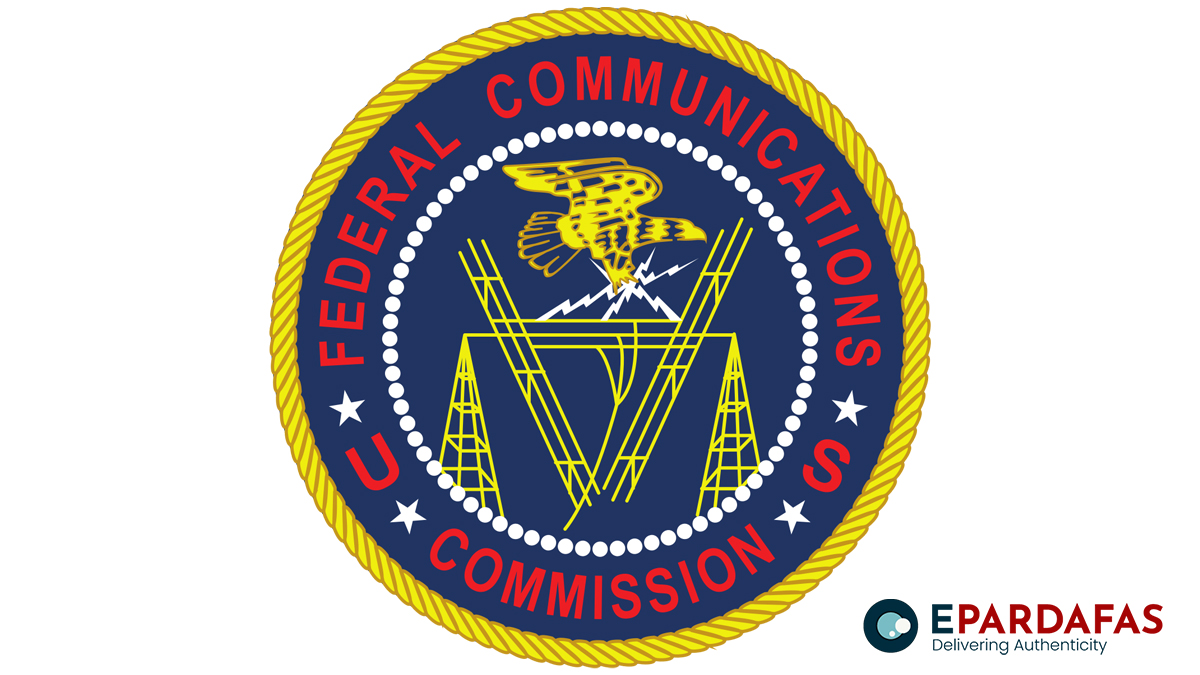
U.S. Agency Bars Chinese Telecom Carriers from Offering Broadband Services
In a significant move aimed at safeguarding national security interests, the Federal Communications Commission (FCC) has mandated the cessation of fixed or mobile broadband internet operations by the U.S. units of China Telecom, China Unicom, and China Mobile in the United States.
This directive, issued on Thursday, underscores the FCC’s resolve to uphold stringent regulations concerning telecommunications services provided by Chinese entities. The order, effective immediately following the approval of the net neutrality measure, necessitates the Chinese carriers to halt their services within 60 days.
FCC Chair Jessica Rosenworcel underscored the commission’s findings of evidence pointing to the provision of broadband services by Chinese telecom carriers within U.S. borders. Citing national security imperatives, the FCC reiterated its stance on curbing Chinese involvement in critical telecommunications infrastructure, citing concerns of potential exploitation, influence, and control by the Chinese government.
This latest directive extends the FCC’s previous actions, which had already restricted Chinese companies from providing telecommunications services within the United States. Upheld by U.S. courts, these measures align with Washington’s broader strategy to mitigate risks associated with Chinese involvement in crucial communication networks.
Commissioner Geoffrey Starks raised concerns regarding the extensive presence of China Telecom’s infrastructure within the United States. Highlighting the operation of 26 internet points of presence (POPs) along with various other services, Starks emphasized the need for heightened scrutiny over adversarial providers and their potential threats to data integrity and security.
The FCC’s scrutiny extends beyond traditional broadband services to encompass vulnerabilities within the internet’s global routing system. Since 2022, the commission has been actively assessing risks associated with the Border Gateway Protocol, underscoring the critical importance of securing digital infrastructure against external threats.
This latest regulatory action follows a series of measures aimed at restricting Chinese telecom carriers’ operations, including limitations on undersea cables handling internet traffic. Furthermore, the FCC’s previous decisions to prohibit approvals of new telecommunications equipment from Chinese companies like Huawei Technologies and ZTE reflect ongoing efforts to safeguard U.S. national security interests.
Despite these regulatory maneuvers, the Chinese telecom companies involved have yet to issue official statements in response to the FCC’s latest directive, leaving the future trajectory of their operations within the United States uncertain amidst escalating tensions between the two economic superpowers.













Comments